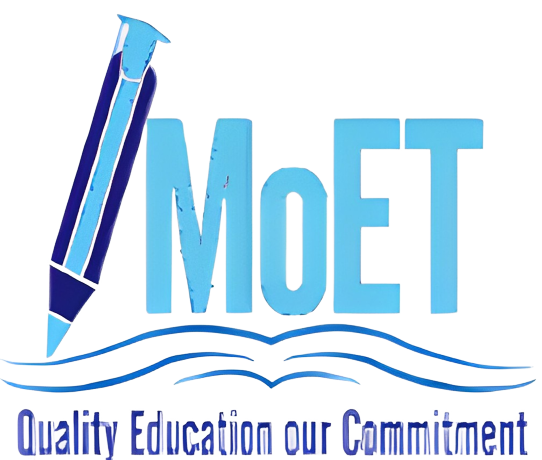Secondary Education
In Lesotho, Secondary Education is a five-year school system; with the first three (Upper Basic Education or Junior Secondary) years of schooling leading to the attainment of Junior Certificate (JC) and the last two (Senior Secondary) years of schooling leading to the attainment of Lesotho General Certificate of Secondary Education (LGCSE). The first three years cover Forms A, B and C or Grades 8, 9, and 10 while the last two cover Forms D and E or Grades 11 and 12. There are 341 post-primary schools, of which 250 offer both JC and LGCSE while 91 schools offer up to JC level only.
Plans are afoot to overhaul secondary education curricular by phasing out the JC and replacing it with a four-year schooling programme, leading to attainment of AdvancedSubsidiary(AS). The AS is to be followed by a one-year leading to A-Level qualification, both reforms aiming to start in 2021 . These developments are meant to respond to the needs of the country’s economy as well those of a modern-day Mosotho child who aspires to be competitive in the world of work and or to study beyond the borders of his or her country without hindrances. Introduction of A-Level is particularly welcomed by all sectors of the public as it is viewed as a step in the right direction to reduce the high cost of tertiary education by reducing the number of years in Tertiary. Currently, entrants into a degree programme have to go through a common first year, whose aim is to scale up the learners to A-level. This results in high endurance of costs at the level of tertiary education. There are already a handful of schools offering A-Level and Government is inundated with requests from both public and independent schools to grant them permission to offer this much sought-after qualification.
There is a high variation in the secondary education landscape within the broad spectrum of approved subjects; with different schools offering their own curriculum. Therefore, it is not uncommon to find schools in close proximity offering completely different curricular, though there are some minimum prescriptions such as the least number of subjects to be taught, as well as core and practical subjects to adhere to. Schools are also at liberty to peg fees at their desired levels, provided an observance of maximum fees levels as prescribed by Government is made. Another peculiar feature is gross disparity in the educational facilities existing indifferent schools, a factor that accounts for poor performance in many schools.
Schools are owned by different proprietors namely, Government, community, churches and private. Church schools constitute 67% of all 341 secondary schools. Government schools, community schools and private schools constitute 27%, 4% and 2% respectively. Of the church schools, most are the Roman Catholic Church schools followed by Lesotho Evangelic Church schools, Anglican Church schools, African Methodist Episcopal schools and all otherschools.

